Those people who eat organic food buy it mostly from the so-called farmers’ markets. However, those are situated predominantly in big cities and the trading farmers face a series of difficulties – ceased agricultural subsidies to begin with, also unbearable so-called ‘pavement fees’ – the ones paid to the municipality for the right to sell in the street.
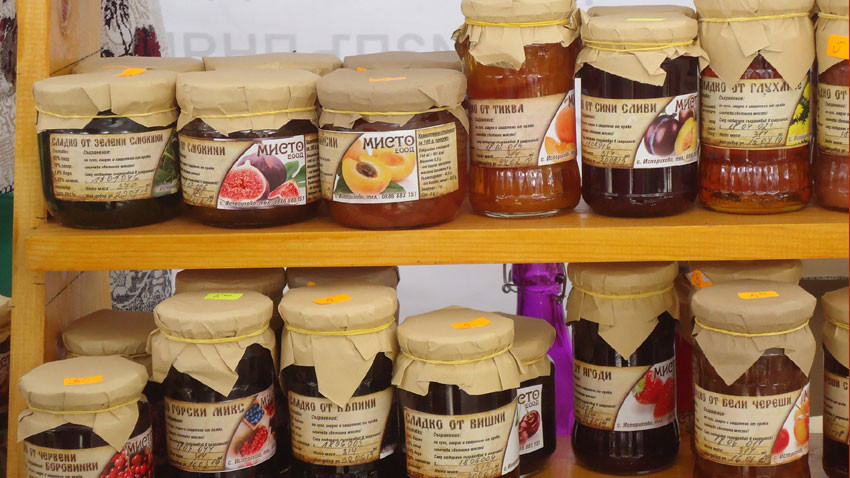
Farmers producing honey, dairy products, bread, sweets, organic wine etc . expose their produce on such markets. No traders offering goods from abroad are allowed there. However, should products be organic at any cost?
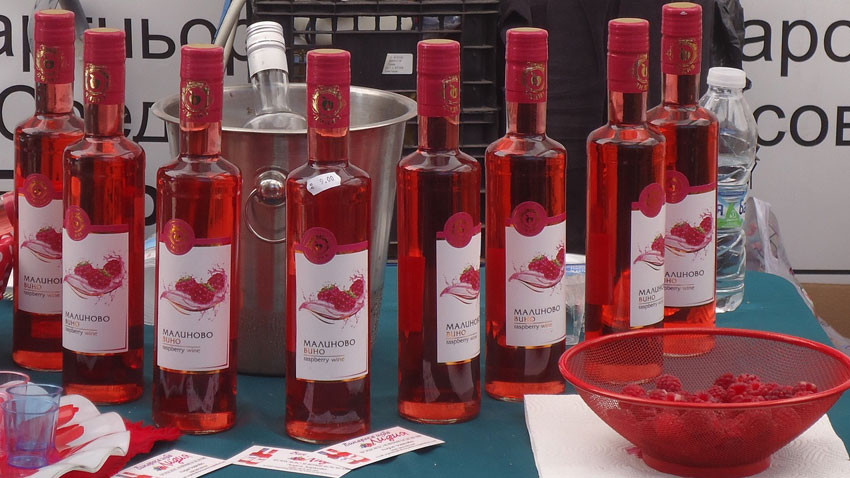
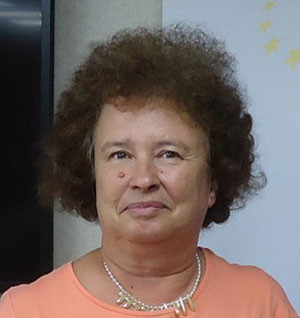 “My personal opinion is that those don’t have to be organic production,” says Elisaveta Pandeva from the BIOSELENA Foundation – the one that organizes each Wednesday the farmers’ market in front of the ministry of agriculture in Sofia. “If a farmer uses no fertilizers, he can also display his production although it hasn’t been recognized as organic officially. For instance, our animal products – traditional ones, produced only from the milk of your own farm.”
“My personal opinion is that those don’t have to be organic production,” says Elisaveta Pandeva from the BIOSELENA Foundation – the one that organizes each Wednesday the farmers’ market in front of the ministry of agriculture in Sofia. “If a farmer uses no fertilizers, he can also display his production although it hasn’t been recognized as organic officially. For instance, our animal products – traditional ones, produced only from the milk of your own farm.”
Although the market control has been entrusted to the Bulgarian Food Safety Agency, the foundation tries not to allow abuse with the selling of products which are not farmers’ property. “The valuable thing with us is that the producer has this direct contact with the customer. Thus he avoids the whole chain of retailers and sells his production at a fair price which satisfies both parties,” Elisaveta Pandeva comments.
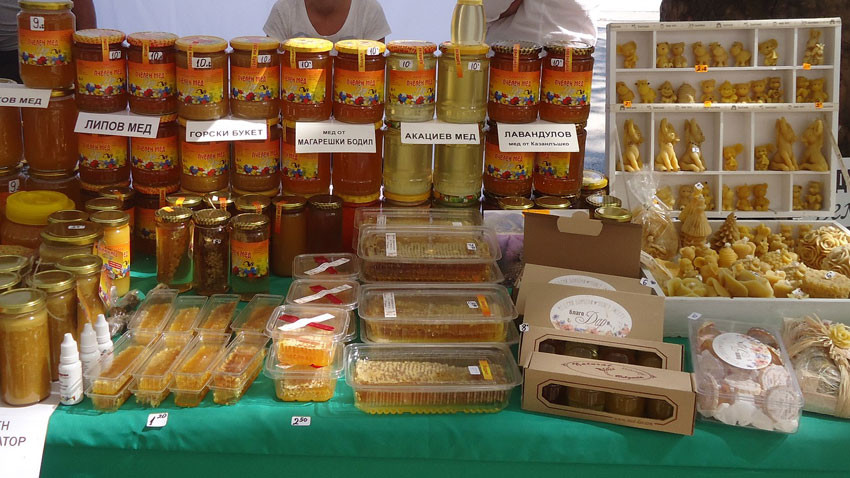
A farmer has to hire a stand costing ten times more than the one of municipal markets, in order to sell his production, farmer Stoyan Simeonov says. The reason: the market day is charged as an event, similar to public meetings and demonstrations – you pay the “pavement fee”, also for a chemical WC, a medical team and a fire vehicle. All these expenses push up the price of the products after all.
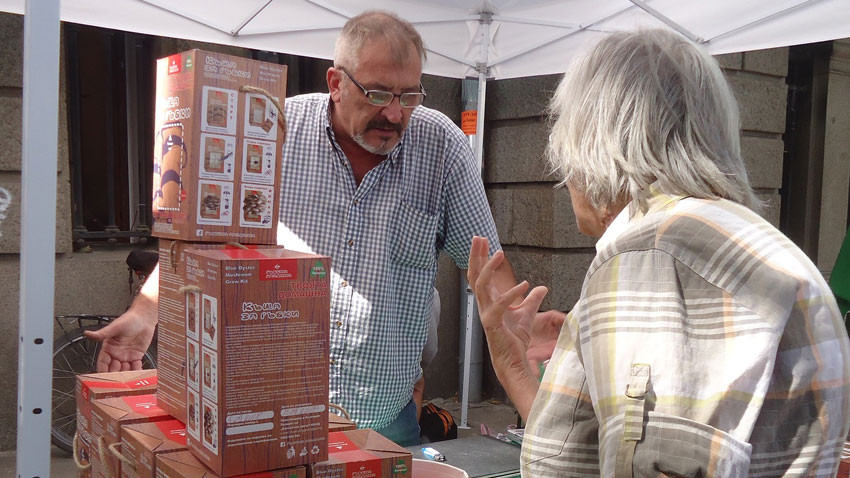
Stoyan Simeonov has been into the organic farming business for 9 years now. He started with a couple of plots and today he cultivates 11 ha of perennials, alfalfa and vegetables – all with the help of his family and a few workers.
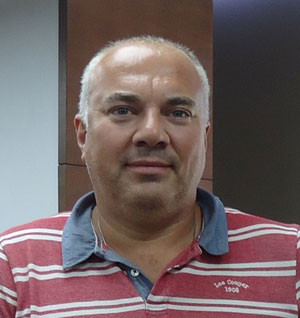 “Our farm is situated in the village of Lesnovo near Elin Pelin,” he says. “In case our labor was well subsidized we would have made decent living, but currently only 1/6 of the farm is supported by the compensatory payments for organic production – that is why we can always be found in zero-level years and there are always some attempts to cut off our funding. At the same time labor cost is getting up on a daily basis, energy gets more expensive too. We have taken loans for great parts of the land and we have quite a lot of expenses on their payment. So, one can find it difficult to survive and make a living with this type of agriculture only.”
“Our farm is situated in the village of Lesnovo near Elin Pelin,” he says. “In case our labor was well subsidized we would have made decent living, but currently only 1/6 of the farm is supported by the compensatory payments for organic production – that is why we can always be found in zero-level years and there are always some attempts to cut off our funding. At the same time labor cost is getting up on a daily basis, energy gets more expensive too. We have taken loans for great parts of the land and we have quite a lot of expenses on their payment. So, one can find it difficult to survive and make a living with this type of agriculture only.”
According to the farmer, organic farming means extreme efforts invested, as no machines are used and they weed it all manually. At the same time the subsidies under the rural development OP are close to none (some EUR 10 per 0.1 ha) while sample taking and the body of control’s expenses are always paid by the producer. “This is the expensive thing actually – and the money under these measures always tends to finish,” Stoyan Simeonov goes on to say. Does he expect anything from the state?
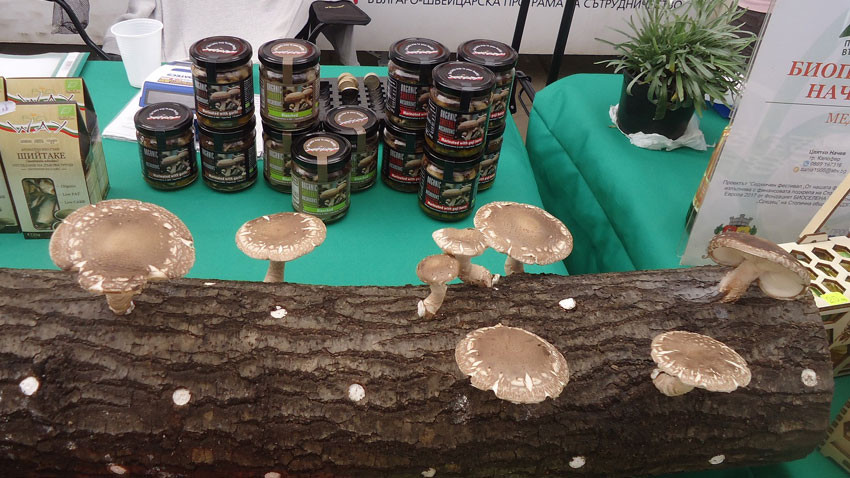
“I don’t think I expect anything now, after these 8 – 9 years we’ve been into this business,” he adds. “We are in a period of 2 years at the moment when we will receive no subsidies, as the budget over the next programme period remains vague and also what exactly will be subsidized, whether the money won’t be over again etc. So, I expect nothing – I try to cope on my own and I am not sure how long I will hold it…”
English version: Zhivko Stanchev
Photos: Diana TsankovaOn January 27th, government securities for 150 million euros (300 million leva) will be offered on the domestic market , the Bulgarian National Bank (BNB) announced. The bonds will have a maturity of 7 years and an annual interest rate of 3.25%. On..
Bulgaria is making the necessary progress towards adopting the euro, according to representatives of the European institutions whom Finance Minister Temenuzhka Petkova met with. This progress will allow Bulgaria to request extraordinary convergence..
Financial and tax stability has been shaken in recent years so it is good that a government has been formed, said Vasil Velev, chairman of the Bulgarian Association of Industrial Capital, at a joint press conference of employers. "Romania was..

+359 2 9336 661
